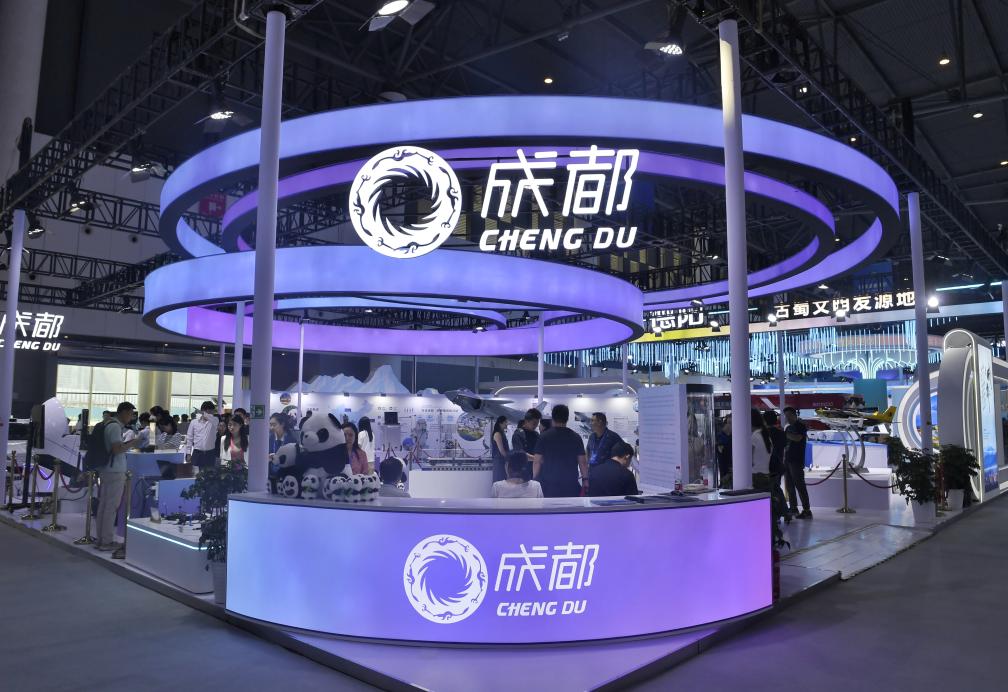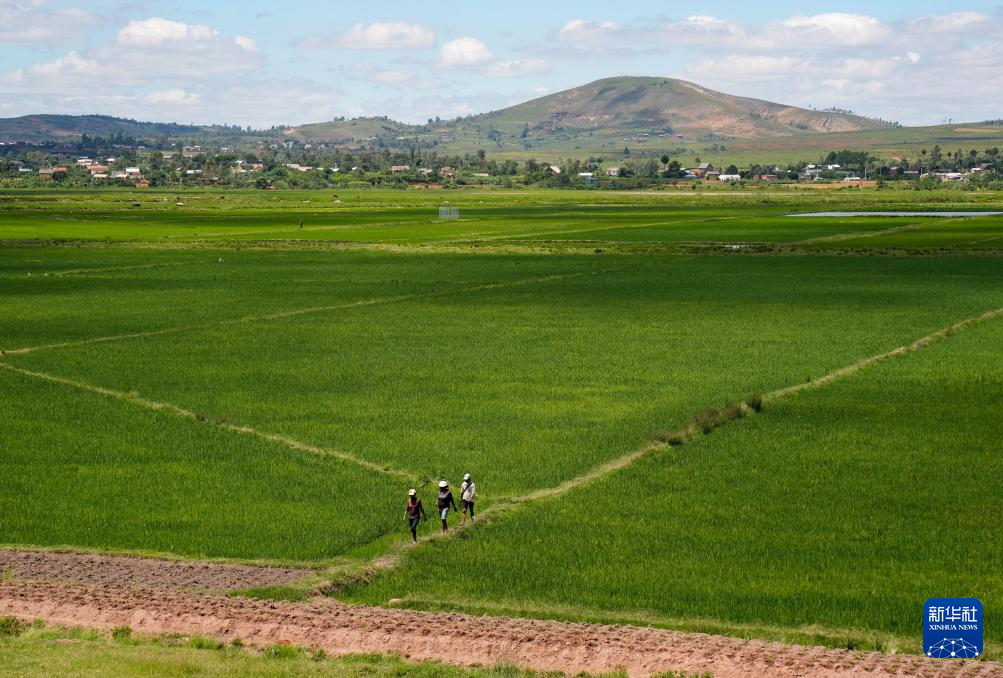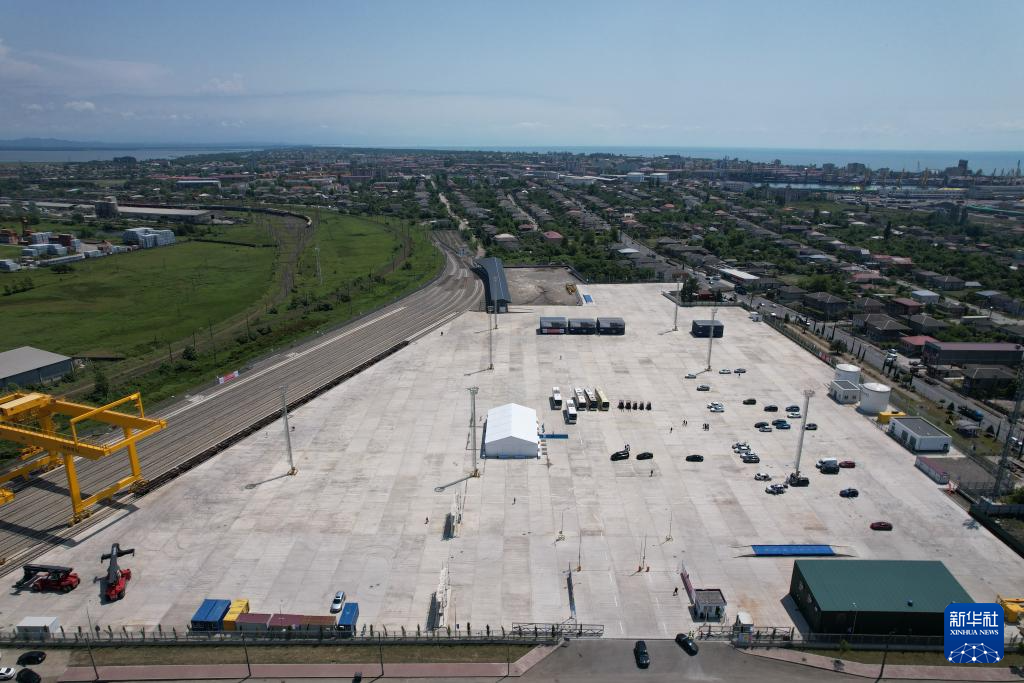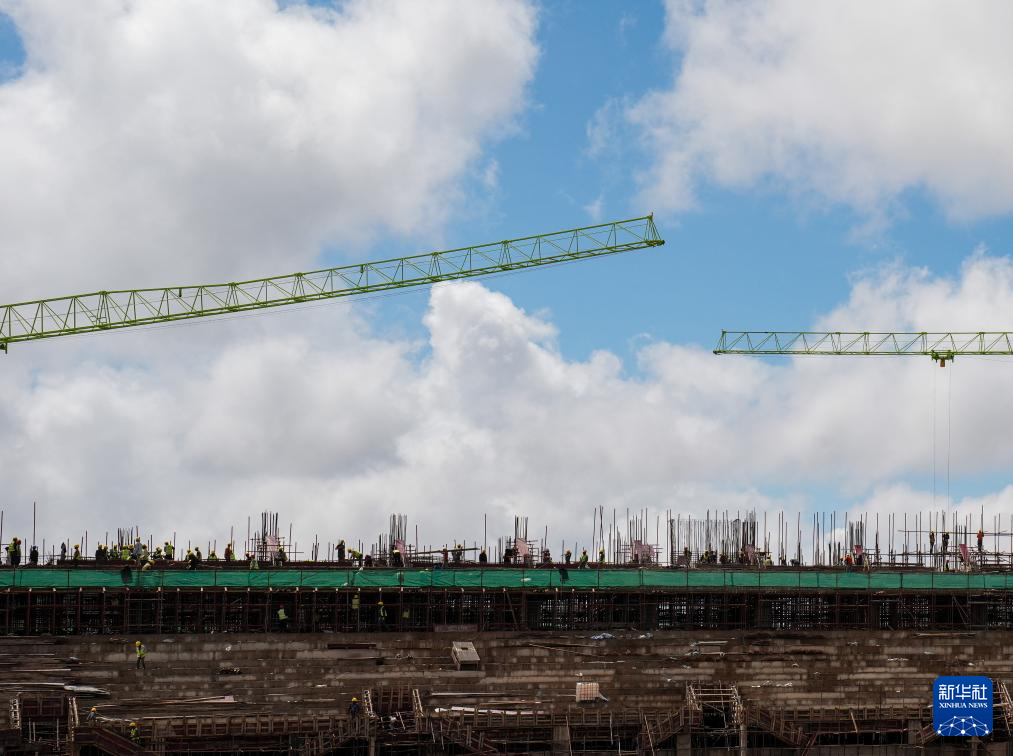Author: xjadmin
The the Belt and Road Story Painted “Blue Enamel” on the Turgusun River in Kazakhstan
Walk into the north of Altai Mountains The hilly area of East Kazakhstan Oblast in Kazakhstan The coniferous forest undulates…
China’s technology continues to contribute to the industrial development of the “the Belt and Road” countries
On June 11, the second “the Belt and Road” Science and Technology Exchange Conference was opened in Chengdu, Sichuan, with…
Special Feature | China and Africa Jointly Write a New Chapter in African Agricultural Modernization
Nairobi, June 10 (Xinhua) — Special Report | China and Africa Jointly Write a New Chapter in African Agricultural Modernization…
Chinese enterprise undertakes construction of container yard at Georgia’s Poti Port and puts it into operation
Baku, June 9th (Xinhua) — Tbilisi News: The Georgia Poti Port multimodal transport container yard constructed by China Railway 23rd…
Communication | Building Dreams for the Africa Cup – Chinese Enterprises Assist Tanzania in Building a Modern Sports Stadium
On April 25th, workers were working on the comprehensive sports stadium project in Arusha, Tanzania. Photo by Xinhua News Agency…
The theme event of the International Day of Civilization Dialogue “Dialogue · Friends” was held in Myanmar
Yangon, June 5th (Xinhua) – “Promoting Friendship, Shared Destiny, and Creating the Future” – The theme forum celebrating the 75th…
Xinhua News Review | “Chinese fever” reflects “Chinese fever”
Beijing, June 5th (Xinhua) — Title: “Chinese fever” reflects “Chinese fever” Recently, the “Chinese Bridge” Chinese competition has been flourishing…
Communication | Quality and Speed of Taranta Sports City in China
Under the scorching sun, at the construction site of Taranta Sports City in Nairobi, Kenya, the roar of concrete mixers…
Shen Yueyue leads a delegation to attend the 2nd China Ukraine Local Cooperation Forum
Tashkent, June 2 (Xinhua) – On June 1-2, 2025, Shen Yueyue, Vice Chairman of the National Committee of the Chinese…
China and Egypt sign an agreement on the implementation of urban operations in the central business district of Egypt’s new administrative capital
Cairo, June 2 (Xinhua) — The New City Community Management Bureau of Egypt and Horizon Operations Management (Egypt) Co., Ltd.,…






